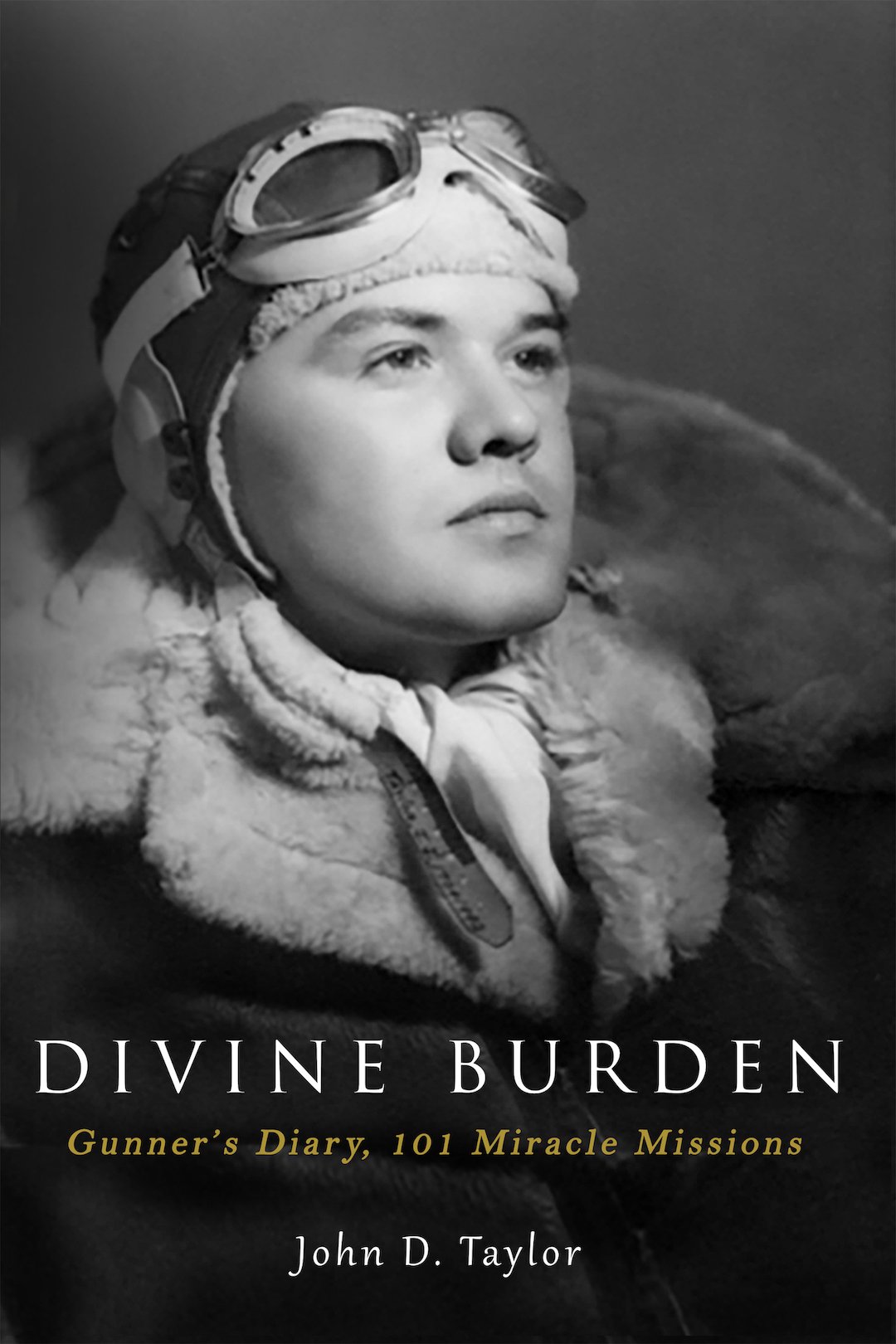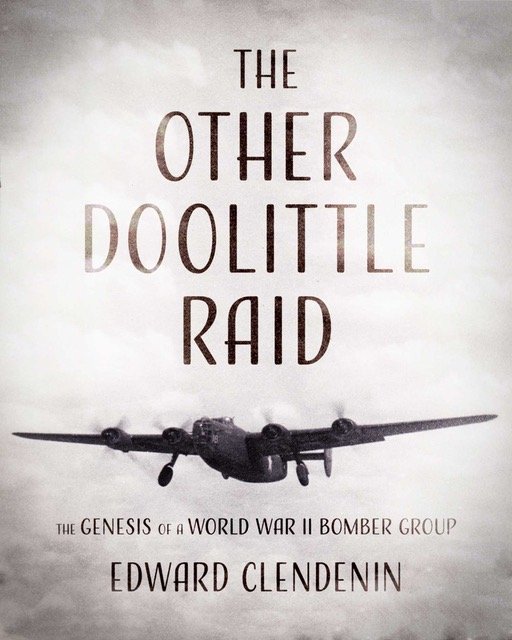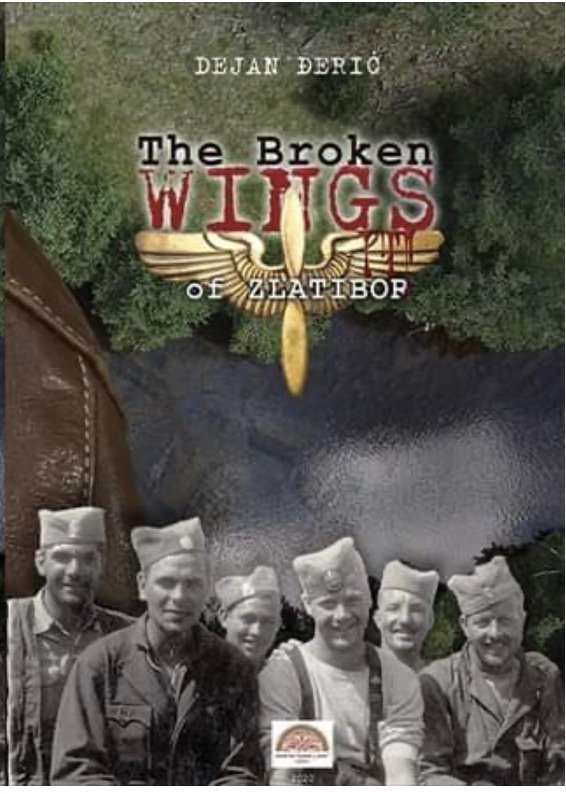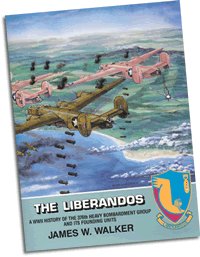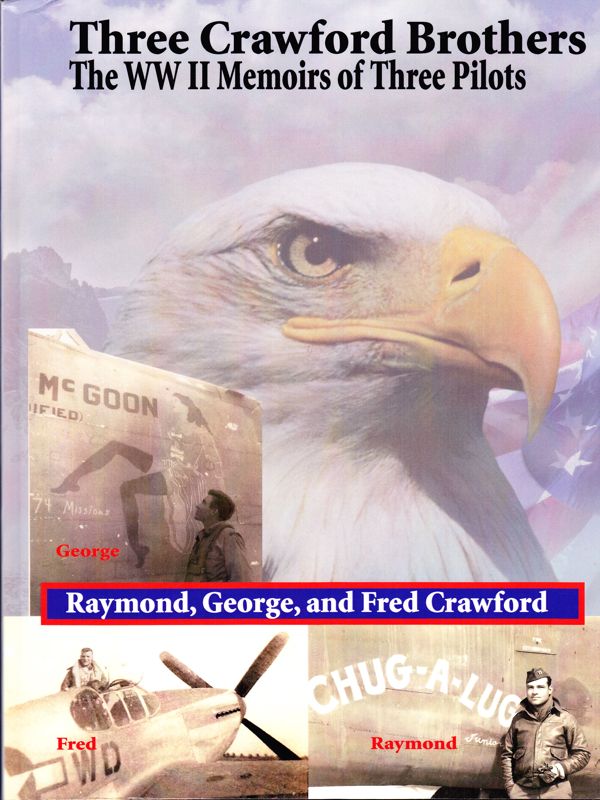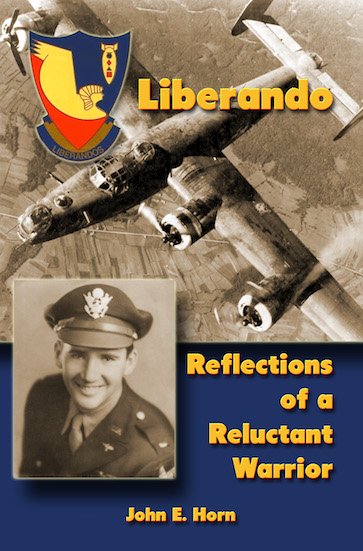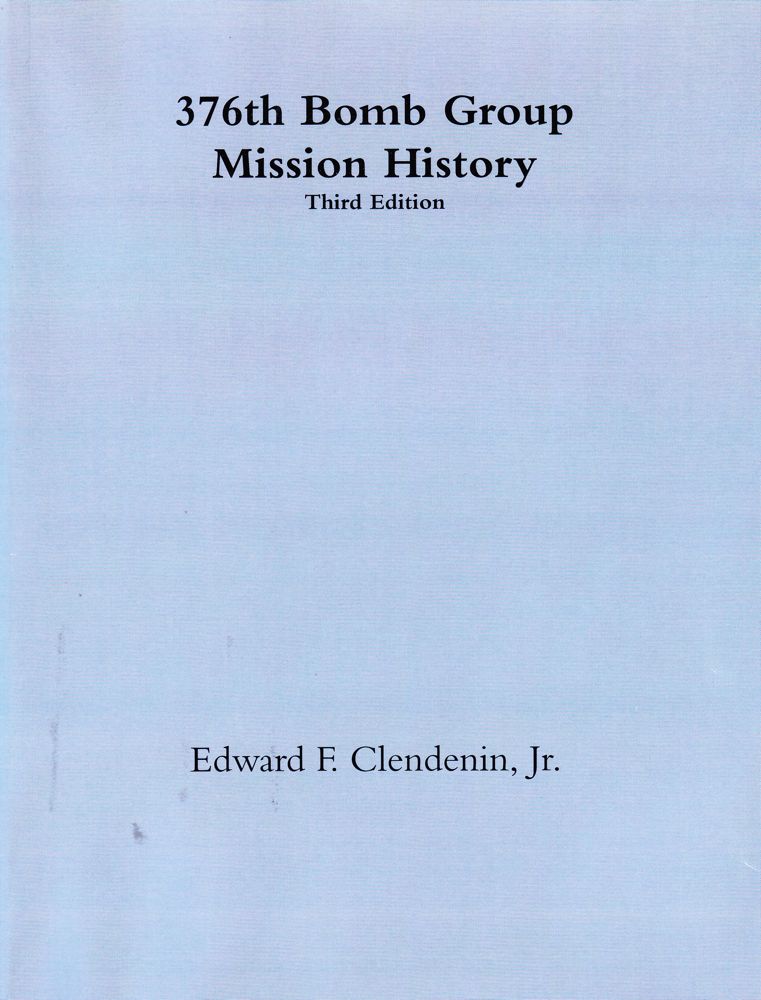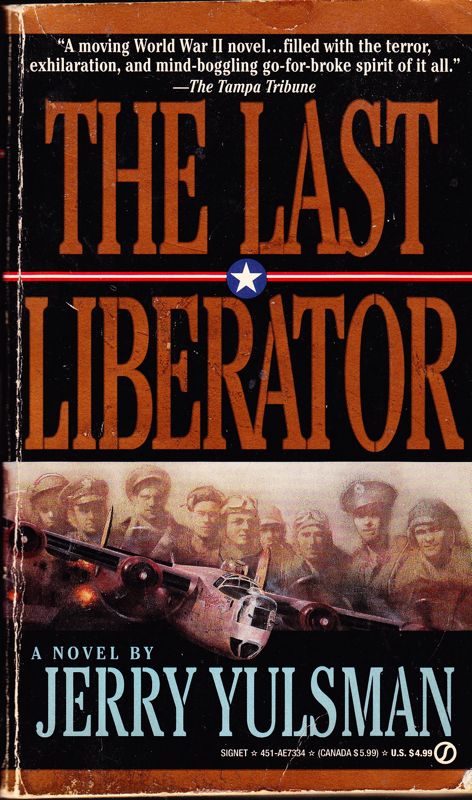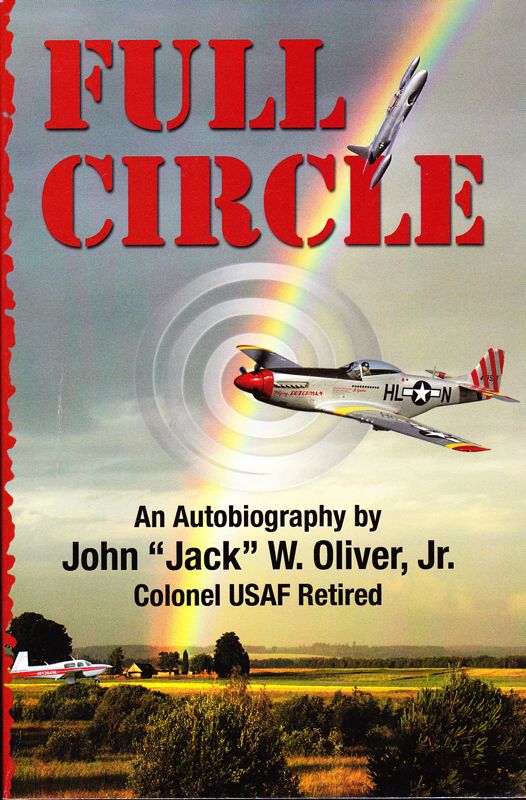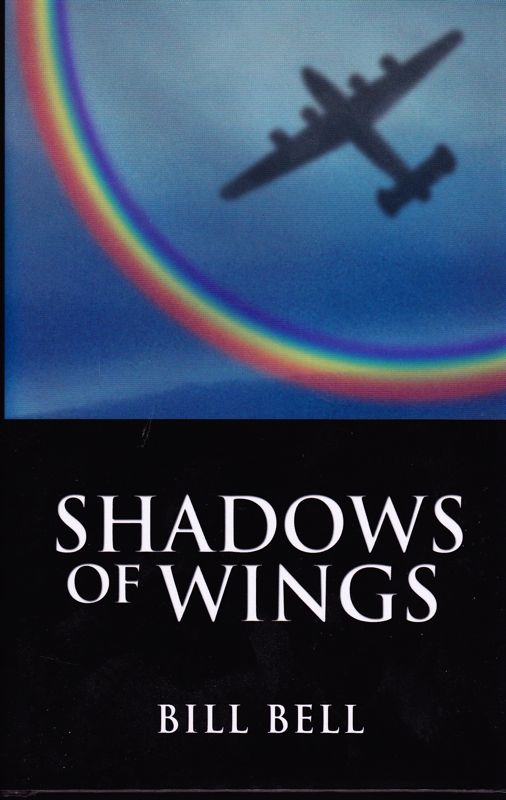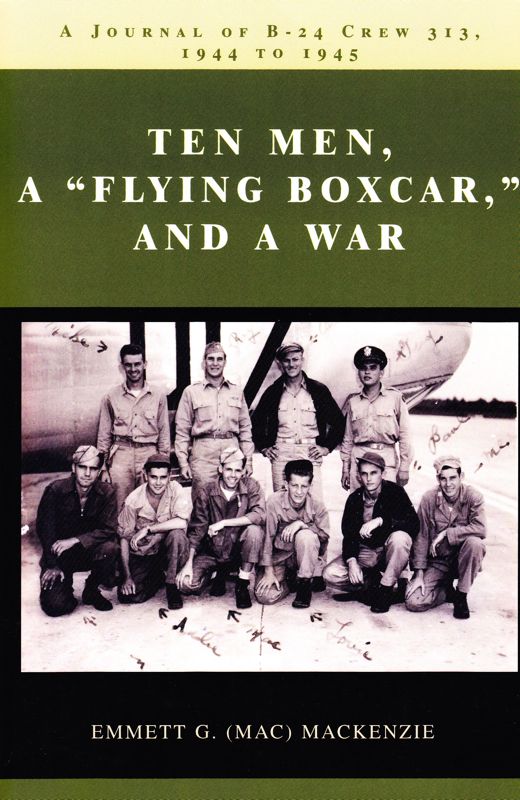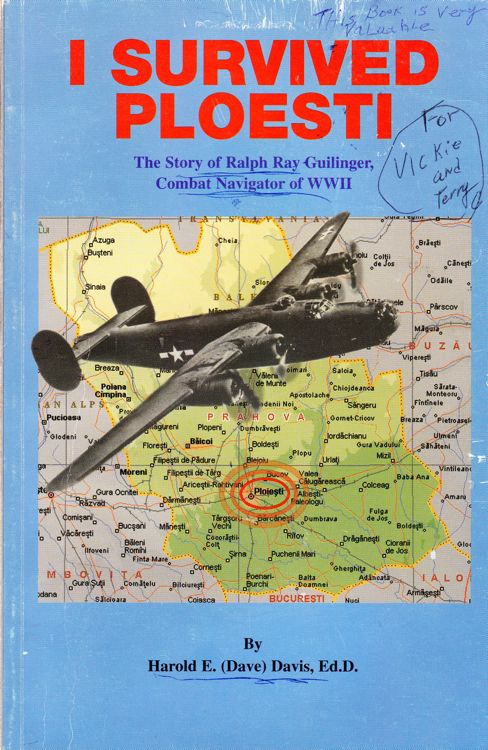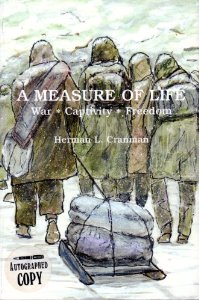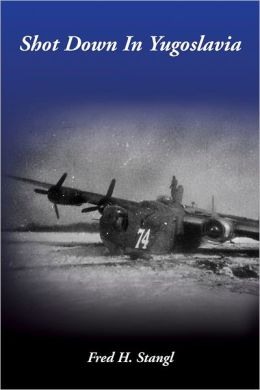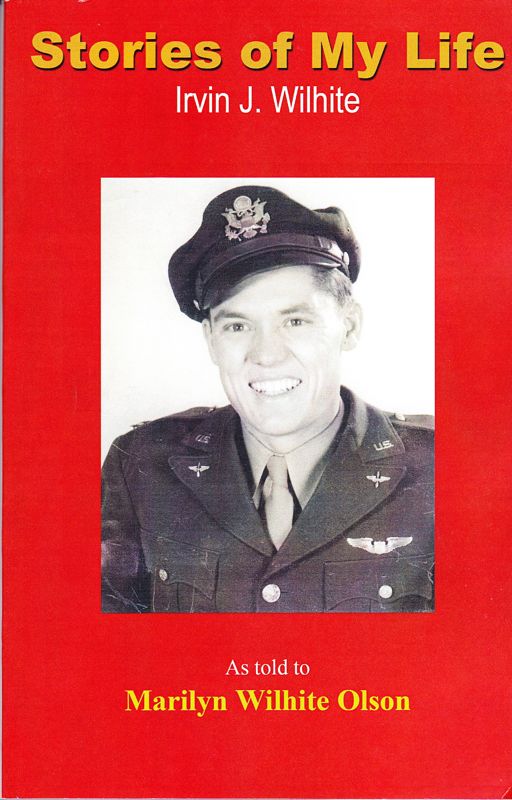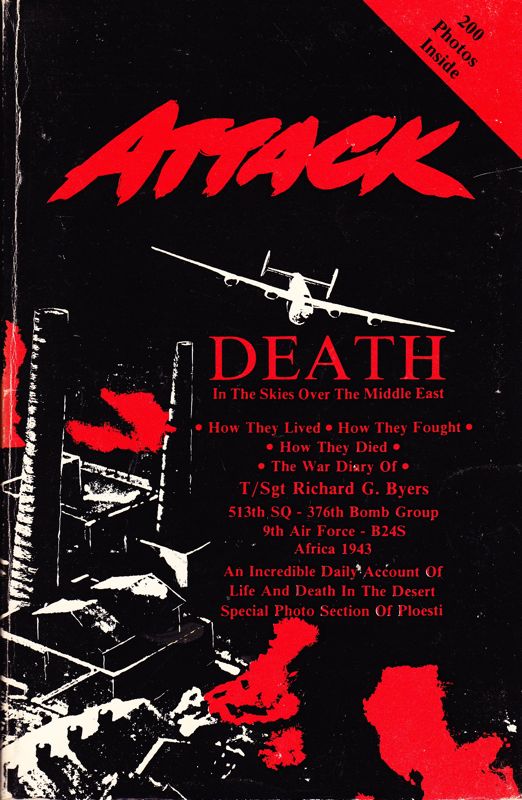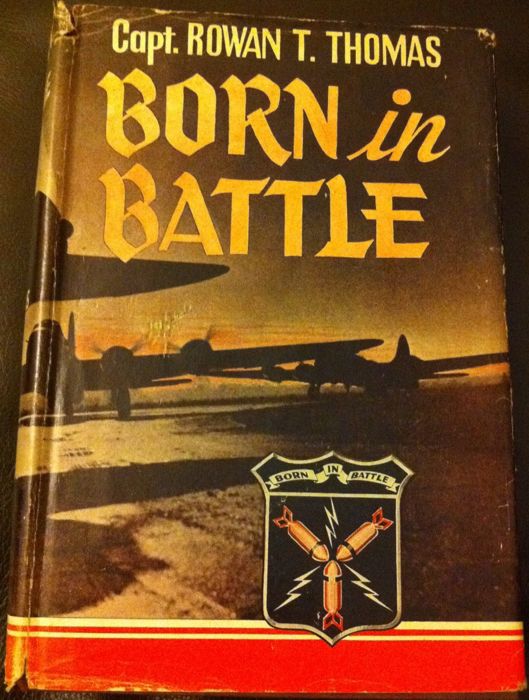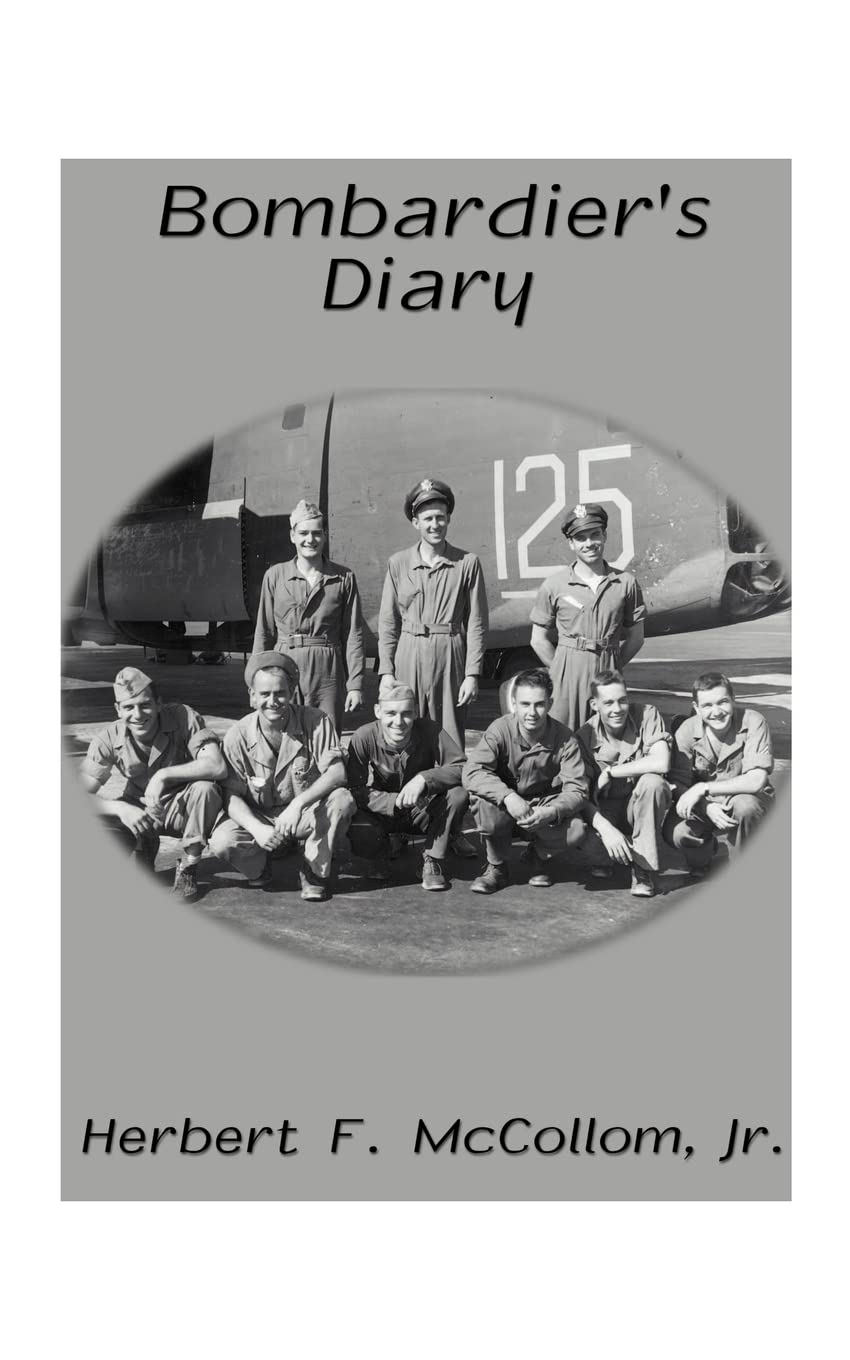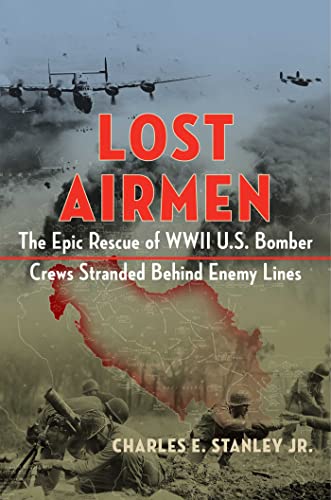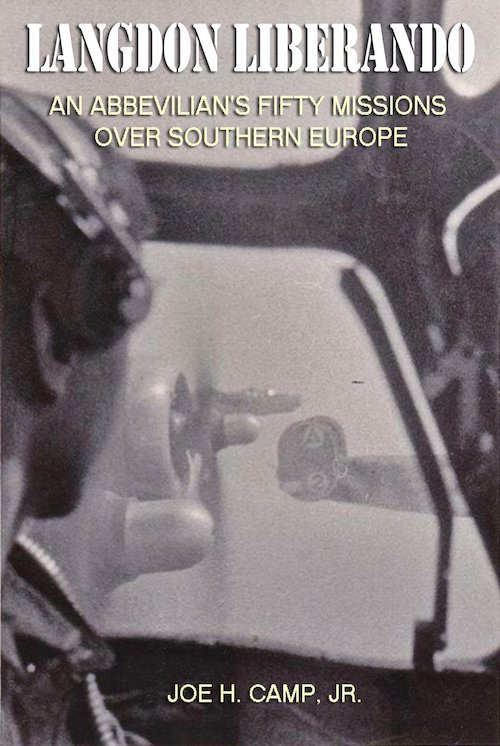Ralph A. Scheer
Ralph A. Scheer was an armament officer in the 512 squadron. He wrote about his experiences before, during and after the Dec 28, 1943 mission:
I had a ground-based view of the air war. I had always envied the fly boys and the glamorous lives that they lived in contrast to our rather routine life-styles on the ground.
While the 376th was in Libya, I was based in an airplane repair depot in Oran. After months of virtual inactivity, I wrote an official letter ahead requesting that I be transferred to the combat zone. Within days of that letter, I found myself joining the 376th Group, 512th Squadron, in San Pancrazio shortly after they had arrived in Italy. Upon arrival at the 512th, I was advised of what my duties were, one of which was unexpected in that I would be part of a team which would brief new incoming plane crews as to what to expect on their first missions and in combat, etc. The group to do this consisted of a pilot, a navigator, an engineer, and myself as an armament officer.
In the first new crew meeting I attended, I was taken aback by a question from one of the gunners. At this time men did not talk about fear, you just were expected to be brave. He said to me, "How do I know I can control myself? How do I know I won't be so shaken and frightened that I'll either freeze on the controls or forget how to handle them?" This was an unexpected question for me and I struggled through the answer as best I could. After the end of that meeting, I went to see our administration and said, "If I' m going to handle a meeting like this, I have to have had some experience in the air, so I would like to fly a few missions." After talking it out it was unofficially agreed that! could fly unmanifested on a few missions to get familiar with the routine.
I made an agreement with a couple of the crews that if they saw a milk run coming up to advise me of it because I wanted to fly on short runs and not a heavy combat run. In this way, I did get some missions under my belt.
After the crews left the briefings of the Dec. 28th, 1943 Vincenza mission, one of the crew members said, "We don't know if this is going to be a milk run but it might be an interesting one." I decided to try to join the Vincenza mission and I left the 512th headquarters and walked out before the early dawn and as I was about to talk to them, a jeep came up and said, "Scheer, you're ordered back to the squadron." I said, "What's the problem?" They said, "There's been some trouble that too many people have gone up unmanifested. It's been embarrassing to the Wing that we lost a cook the other day and there's no way you can justify him in the air. So you're asked to go back to the squadron."
Sometimes on mission day my routine was to find out the expected time of arrival of returning planes from the mission, then I would position myself on the balcony of the farm building that the farmer had occupied which was now our 512th headquarters. This balcony was up on the second floor and I would watch for flights to come in. If I was a plane that looked damaged, I would send the jeep which was waiting on the ground below to go to that ship first, etc. The jeep we sent out would be one that contained armament personnel who would talk to the crew, find out the condition of the turrets, the condition of the guns, and repair what was necessary.
On the afternoon that we expected the return from Vincenza, I was waiting on the balcony. I remember the other squadrons, 515, 514, 513, returning. I also remember that there were missing planes from the squadrons. Then I waited for the 512th to return. There was a long wait, and finally a jeep came up underneath where I was standing and called to me and said, "There's no need waiting any longer. The 512th is not coming back. They've gone down." Obviously this was a shattering experience for me and for all others involved.
The rather large farm building we occupied as the 512th headquarters had an Officers club on the first floor; also, our dining room and the headquarters office. On the second floor, there was a room reserved as a bedroom for the squadron CO and his executive officer, if he so wished. Adjacent to this was a large room where the crew officers and I had our bunks and slept.
That evening, without foreseeing the consequences, I walked upstairs to our sleeping dormitory to get something from my footlocker, and then the 24 empty cots hit me. I turned around, went downstairs into the bar and started drinking. Late that evening I remember taking a bottle of whiskey or some kind of booze upstairs to my room, putting it on the floor next to my cot, and reawakening either the next day or the day after in the infirmary. The 512th had a small infirmary, one cot, that was handled by the flight surgeon. He said to me at that time, "You will immediately have to change your approach to this stress and moderate your drinking, or I' 11 have to send you back to the states as mentally unfit for combat, Section 8." I took that lesson to heart and blocked Vincenza out of my mind.
Vincenza became deeply imbedded in my subconscious and I never even thought of it again until decades later. As a professor of psychology at NDSU, I took a group of students to a state hospital for the mentally handicapped. Our guide met us at the door and said, "A group of our patients would like to greet your students with a song." He escorted us into a room where 15 or 20 of the residents were grouped around the piano. As we entered, they burst into a moving rendition of "Why Me, Lord?" For the first time in years and years, I had a flashback to the 24 empty cots with the accompanying guilt feelings.
This is a recollection of an incident long past, one I tried to bury. But how does one rationalize one's own survival? I'm sure there are others in our 376th B.G.V.A. who have asked themselves that same question.
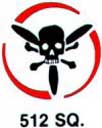
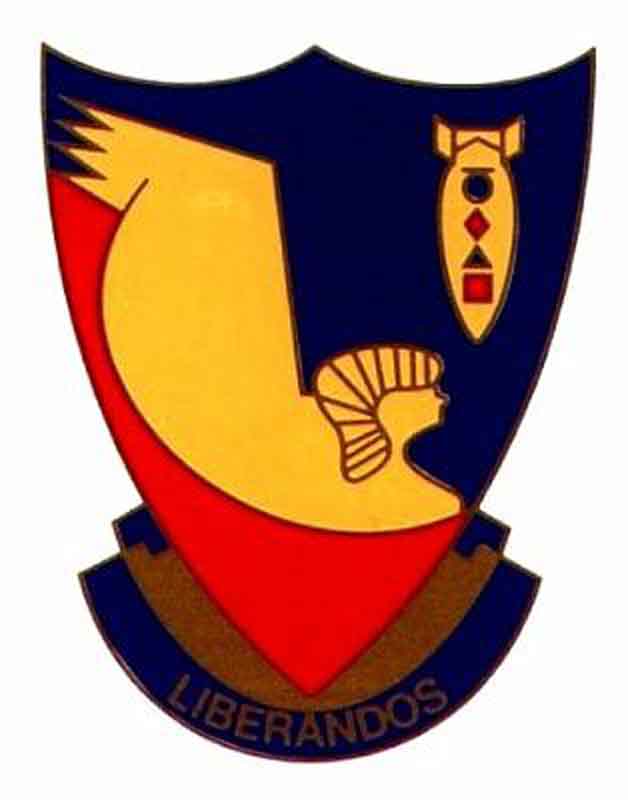
The website 376bg.org is NOT our site nor is it our endowment fund.
At the 2017 reunion, the board approved the donation of our archives to the Briscoe Center for American History, located on the University of Texas - Austin campus.
Also, the board approved a $5,000 donation to add to Ed Clendenin's $20,000 donation in the memory of his father. Together, these funds begin an endowment for the preservation of the 376 archives.
Donate directly to the 376 Endowment
To read about other endowment donation options, click here.
Reunion
NOTE change in the schedule !!
DATES: Sep 25-28, 2025
CITY:Rapid City, SD
HOTEL: Best Western Ramkota Conference Hotel; 2111 North LaCrosse St., Rapid City, SD 57702; 605-343-8500
Click here to read about the reunion details.
